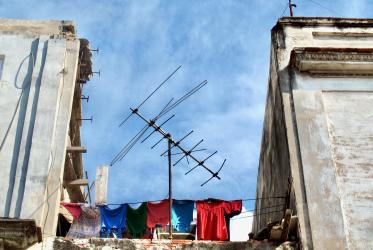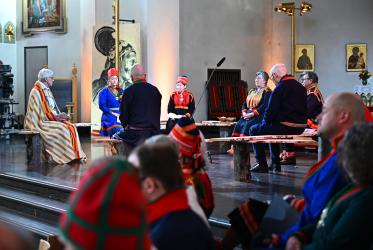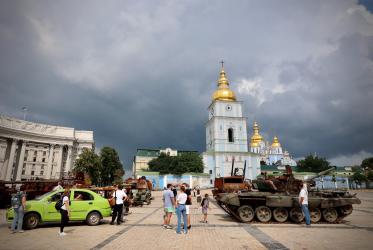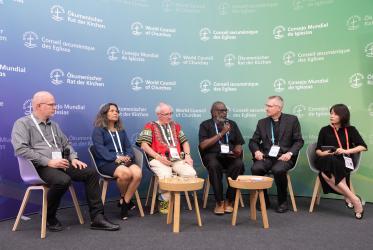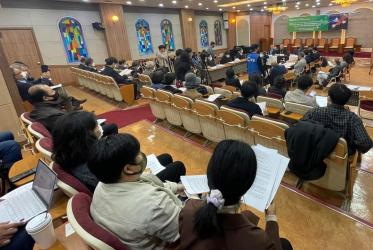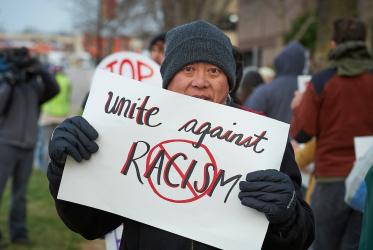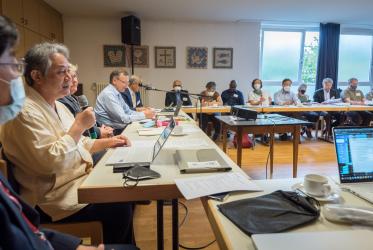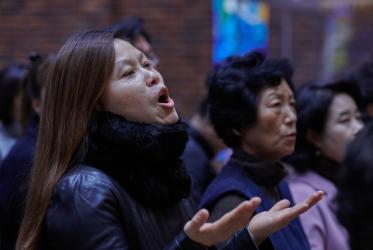Displaying 141 - 160 of 1091
WCC helps churches connect with UN on racial justice issues
09 November 2022
Theological education in Africa promotes social transformation
03 November 2022
Church of Sweden apologizes to Sámi people, this time in Sápmi
27 October 2022
A Hundred Years of Mission Cooperation
The Impact of the International Missionary Council 1921-2021
21 August 2022
Together in the Mission of God
Jubilee Reflections on the International Missionary Council
21 August 2022
Strengthening Christian Perspectives on Human Dignity and Human Rights
Perspectives from an International Consultative Process
19 August 2022



